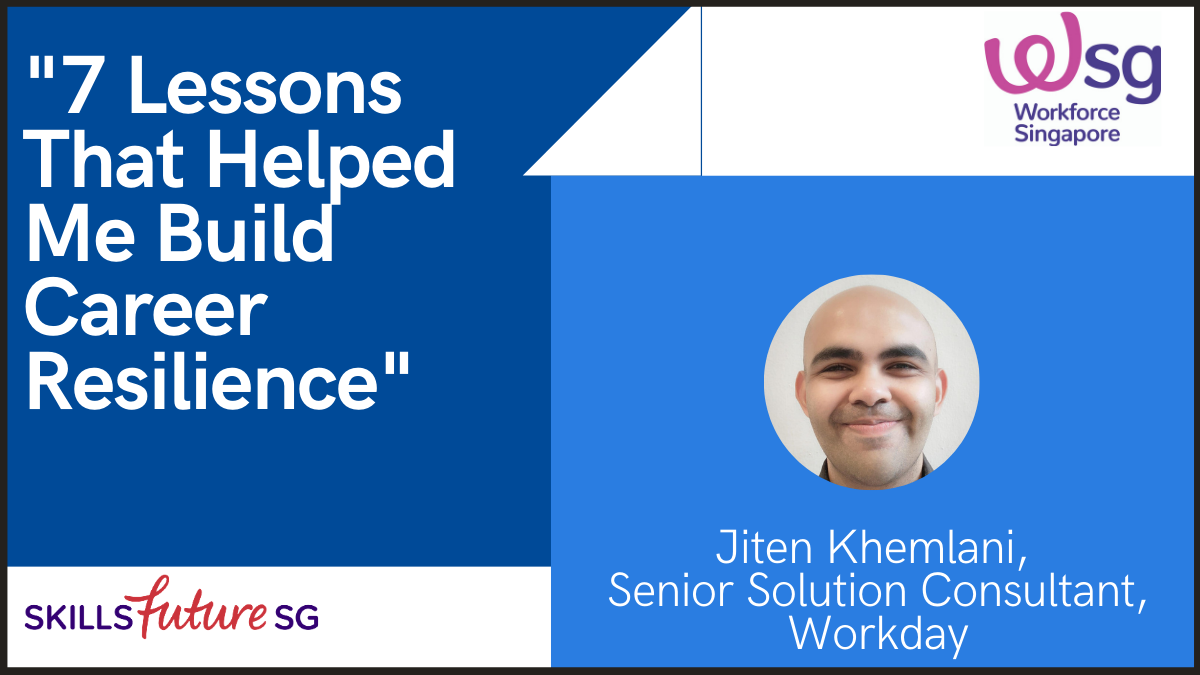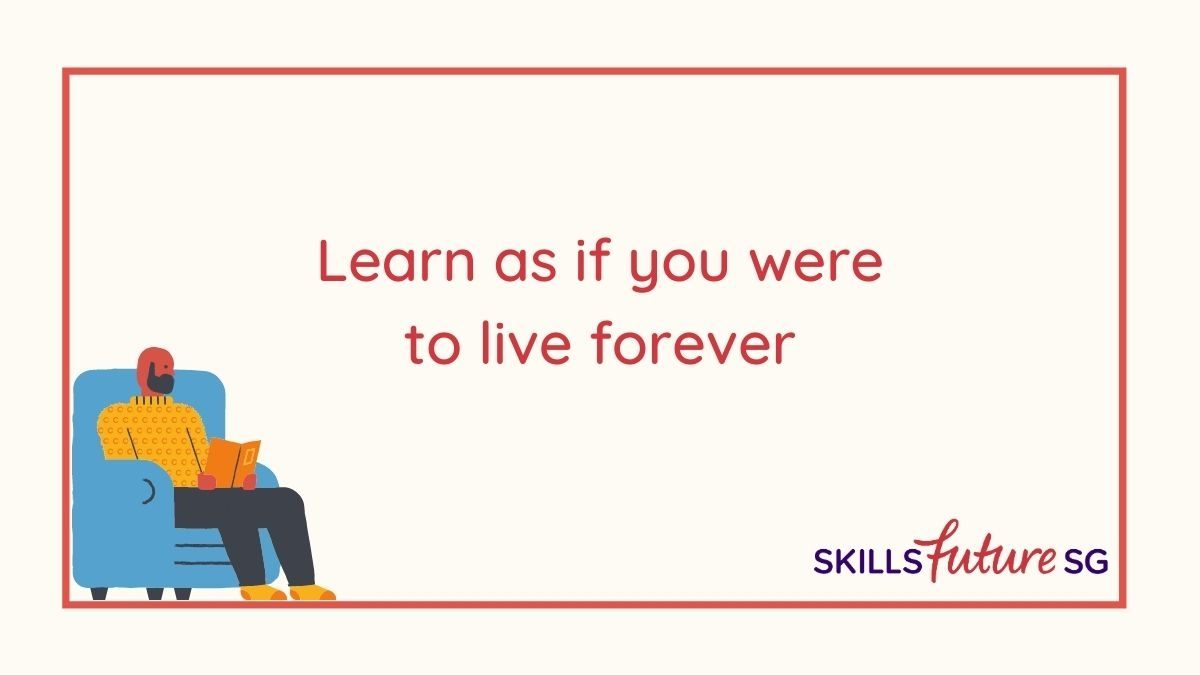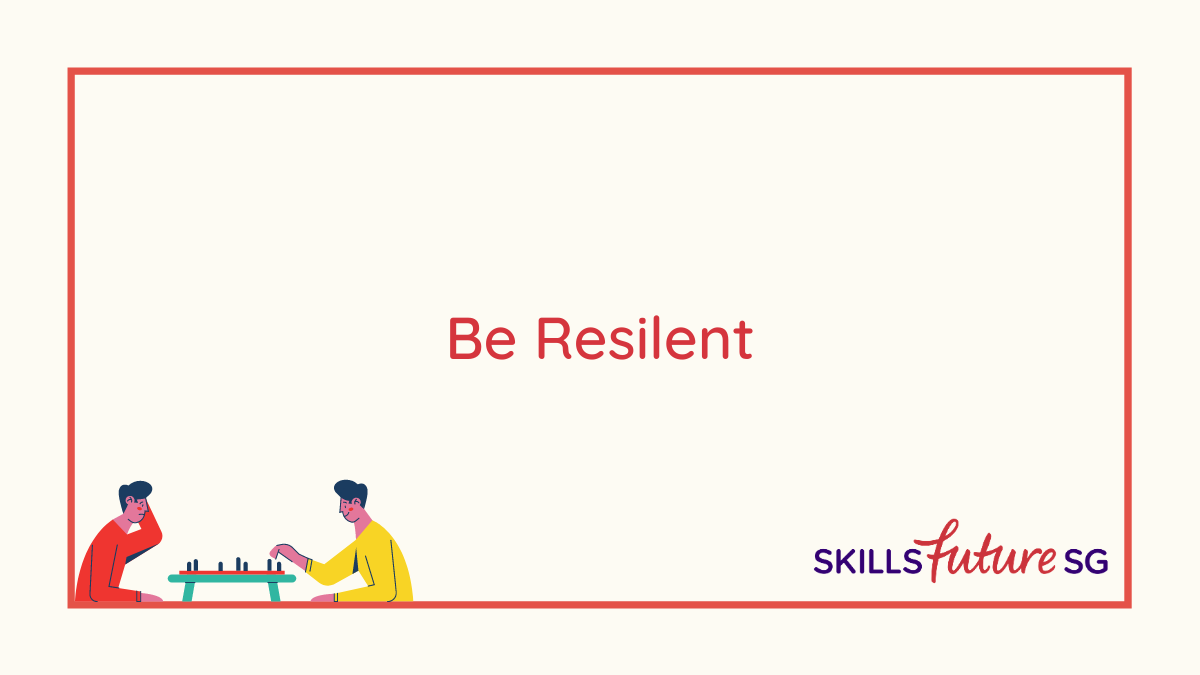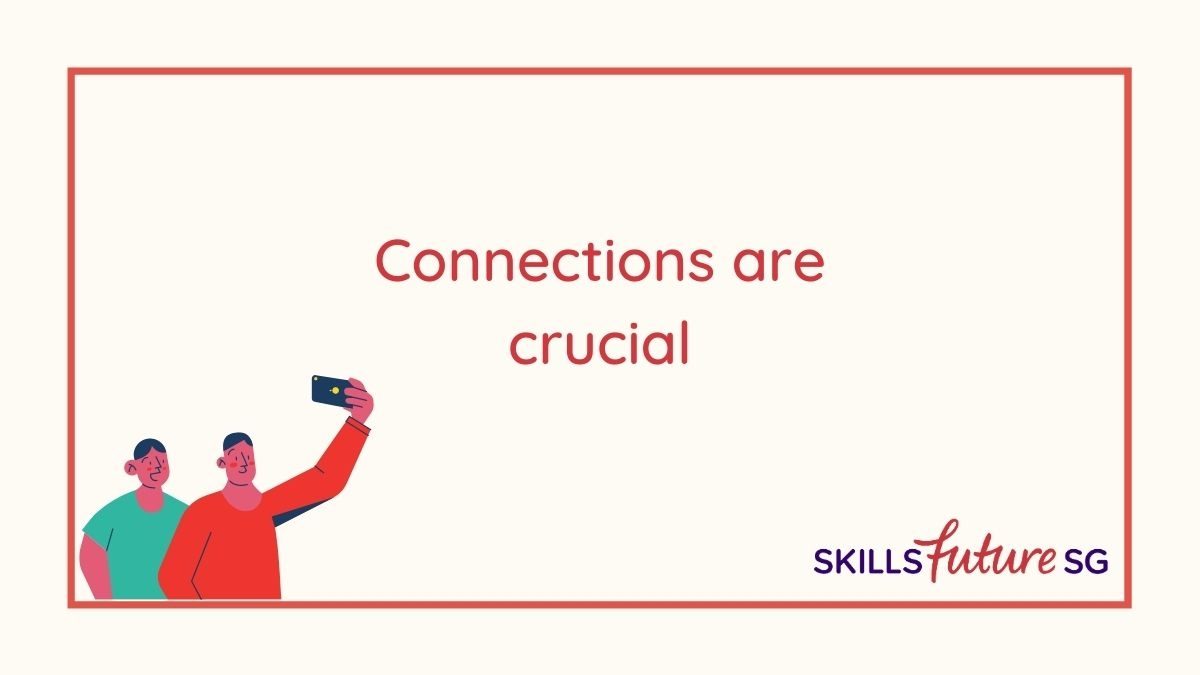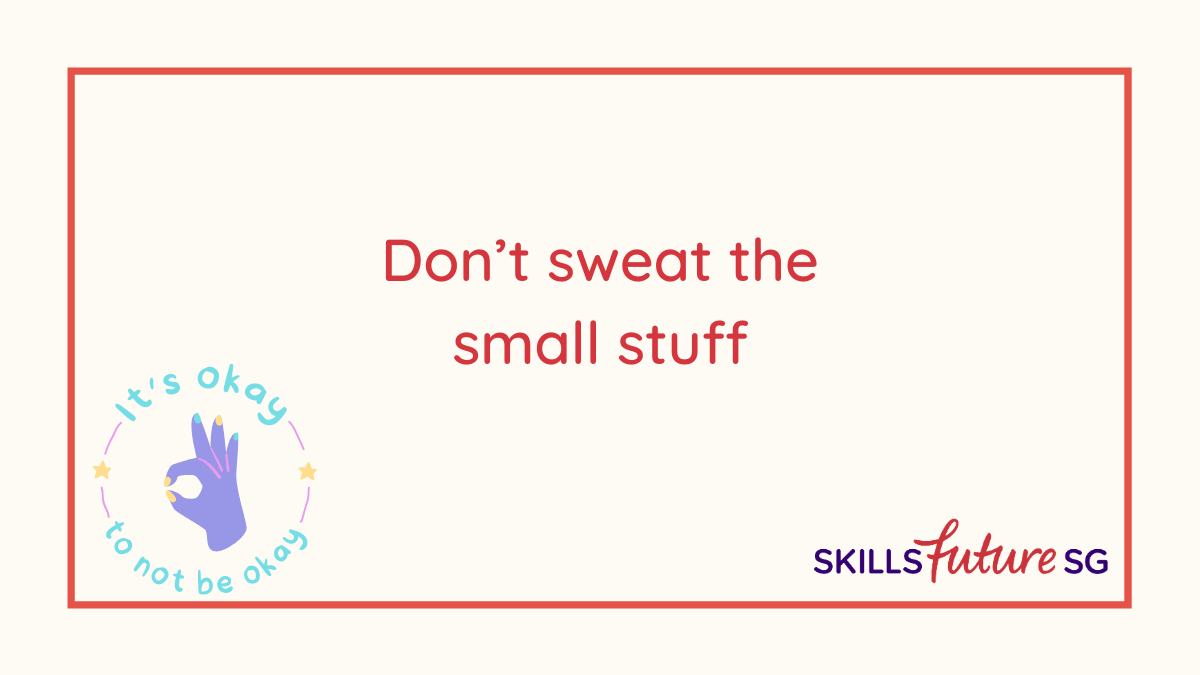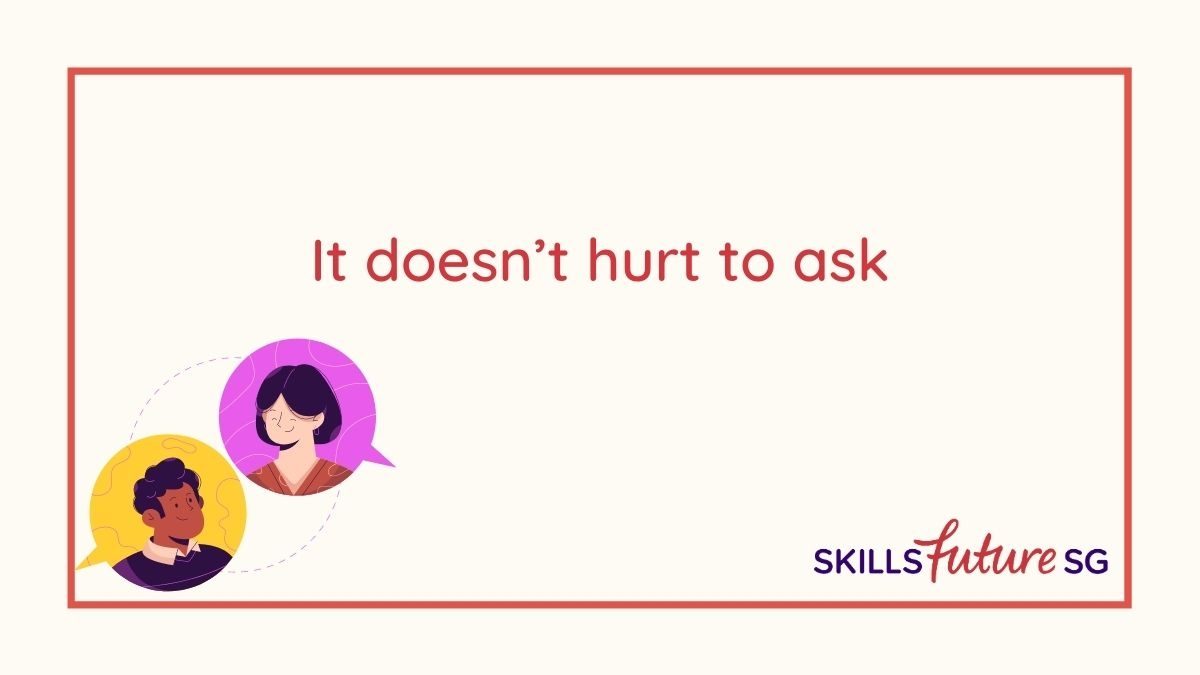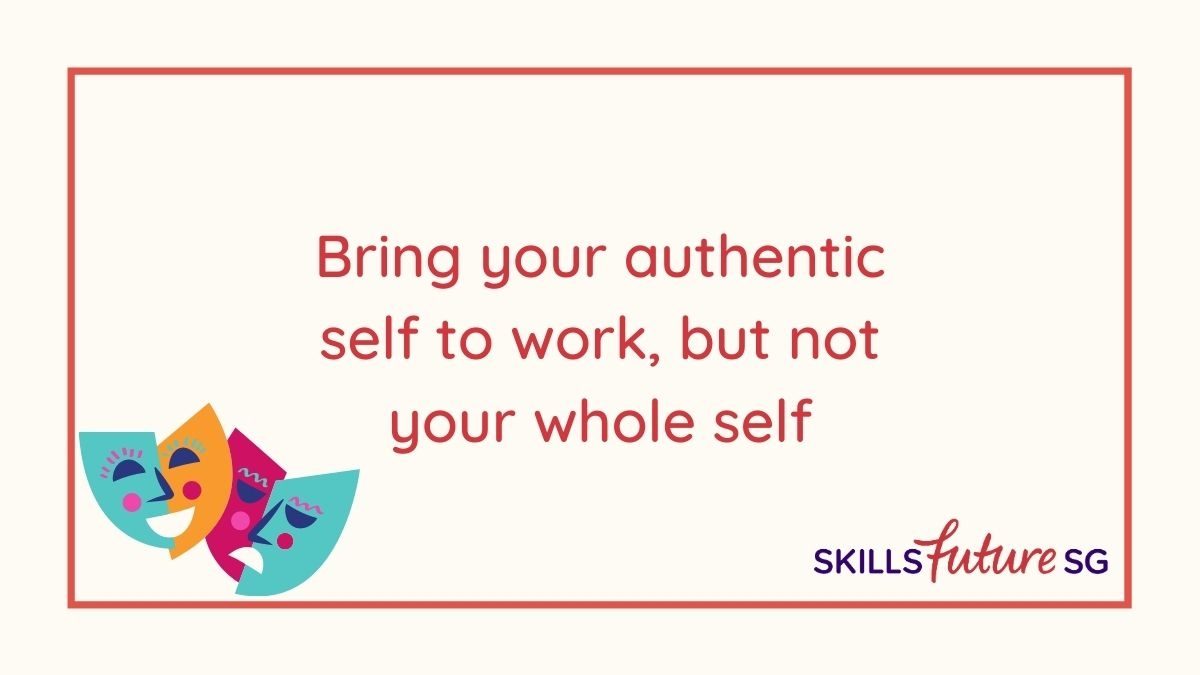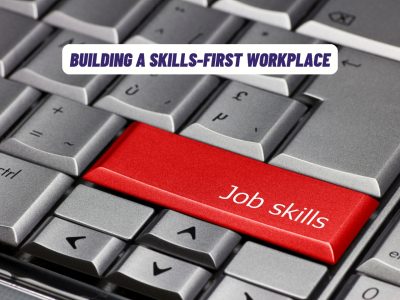When the going gets tough at work, Jiten reminds himself, “It’s important to stick to it with the end in mind,” Jiten emphasised. “You need plenty of resilience to take charge of your career instead of being drowned in it.”
The Bennati Resiliency Model, developed by leadership coach Beth Benatti Kennedy, is something that Jiten follows closely. The model has five strategies: Innovation, Well-being, Self-awareness, Brand, and Connection, all contributing to developing inner resilience.
Takeaway:
Referencing the Bennati Resiliency Model, Jiten emphasised being innovative by challenging yourself through learning new skills and gaining competencies. Personal well-being is something that tends to get overlooked at times and self-care is essential in making sure that you’re productive and energised.
Self-awareness sets the purpose and direction of your career and life. This includes having the right mindset to give you control over your personal and professional achievements. Creating a personal brand not only sets you apart when it comes to potential job offers and promotions but gives extra meaning to your career as well.

